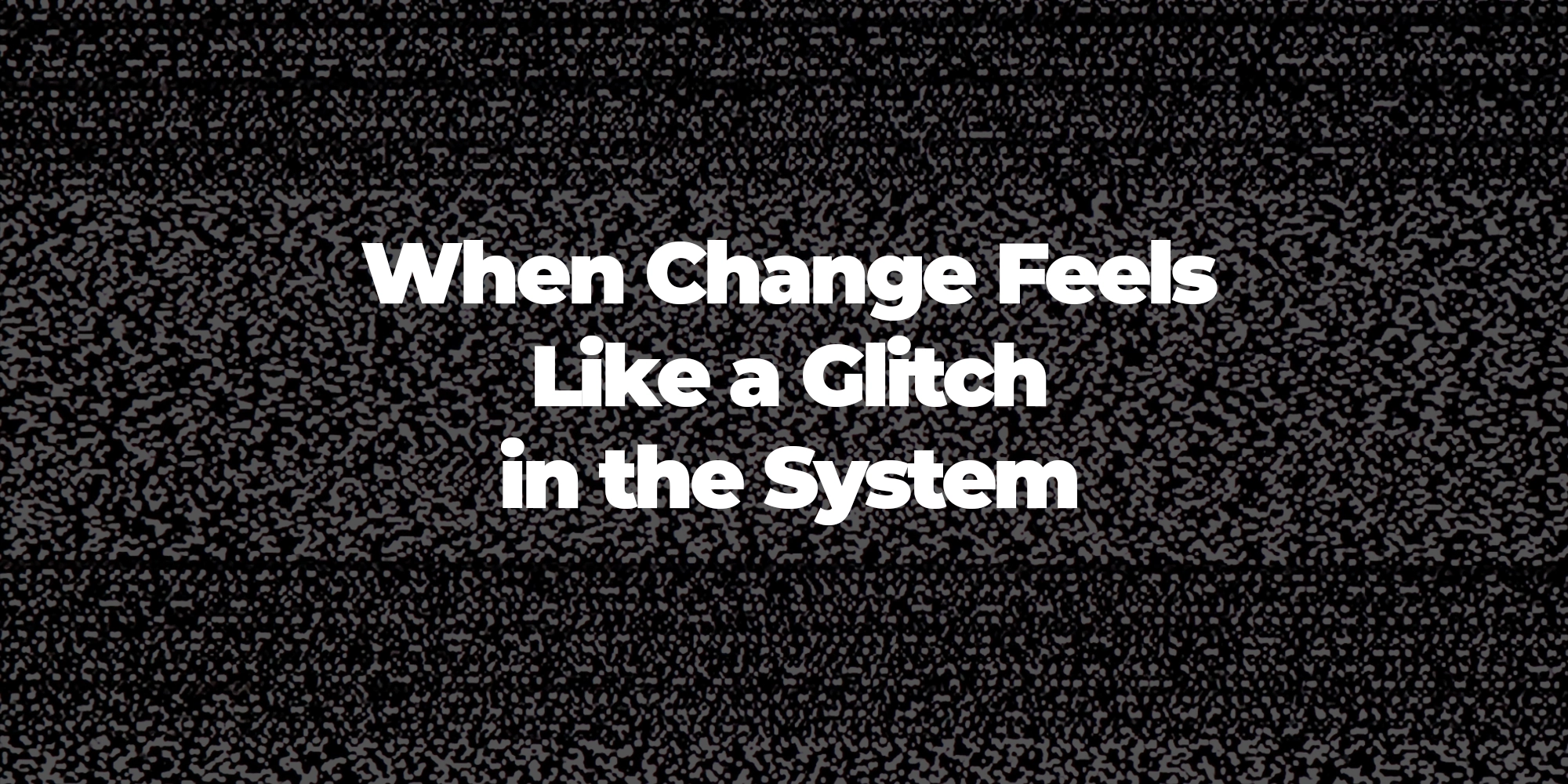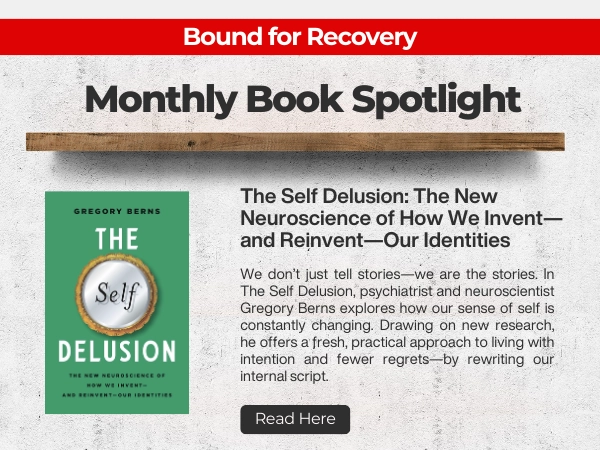
When Change Feels Like a Glitch in the System
Have you ever tried to update your phone or install new software, only to get an error message like, “System failed to recognize command” or “File incompatible with current settings”? It’s frustrating—you’re just trying to move forward, and the system pushes back. But in reality, that pushback is a sign something deeper is happening: the system is learning to operate differently.
Recovery works in a similar way. Whether you’re the one battling addiction or someone who’s spent years enabling, your brain is being asked to rewrite its code—its values, identity, and patterns. That kind of change can feel glitchy. But those moments of disruption?
That’s where healing begins.
Why Discomfort Means Growth
Neuroscience has discovered something powerful: the brain learns best when it’s surprised. These surprises are called prediction errors—moments when life doesn’t go the way we expected.
We tend to avoid surprises because they feel uncomfortable, but research shows they are the very moments that open our brains to change. A recent study in PNAS found that when people experienced an unexpected event, their memory systems became more willing to let go of the old version of a story and rewrite it.
In short: surprise is how we grow.
When we interrupt our usual routines—our automatic reactions or the roles we play in relationships—that’s when real learning happens.
Tiny Shifts Create Lasting Change
For someone in recovery, these moments appear in everyday choices:
- You respond calmly instead of lashing out
- You ask for help instead of hiding
- You skip the bar and go to a meeting instead
If You Love Someone In Addiction
Family members feel these “glitches” too. Holding a boundary might feel harsh. Saying “no” might feel like rejection.
That discomfort is your nervous system adjusting to a new way of relating. You don’t need to swing to the opposite extreme or prove anything. Instead:
- Notice when old habits resurface
- Pause before reacting or making big decisions
- Step away and do something grounding—like housework or a short walk
You’re not failing. You’re learning. Growth often feels like disorientation before it feels like freedom.
Your Brain (and Life) Are Updating
The next time you hit an internal “error message,” remember: It’s not a sign you’re broken. It’s a sign your old wiring is being challenged.
Recovery is full of these moments. They’re not problems to fix—they are paths forward.
When your script gets disrupted:
Pause.
Choose a new response.
Let your brain, and your life, update accordingly.
Citation:
Sinclair, A. H., Manalili, G. M., Brunec, I. K., Adcock, R. A., & Baram, A. B. (2021).
Prediction errors disrupt hippocampal representations and update episodic memories. Proceedings of the National Academy of Sciences, 118(51), e2117625118. https://doi.org/10.1073/pnas.2117625118


